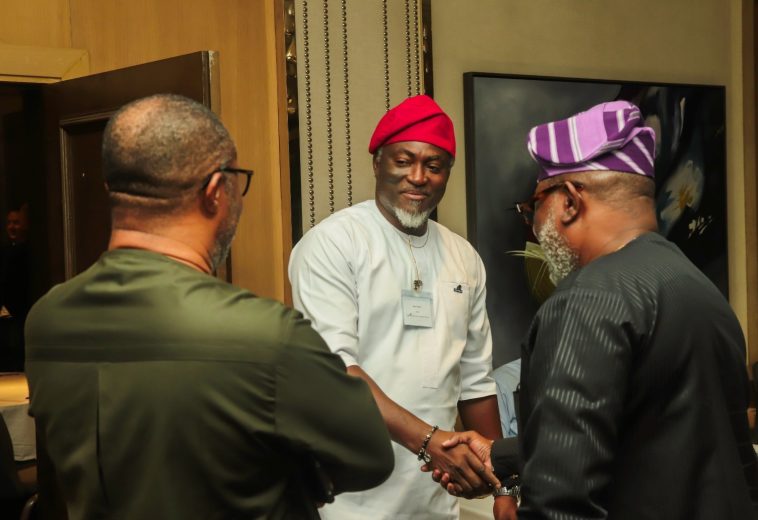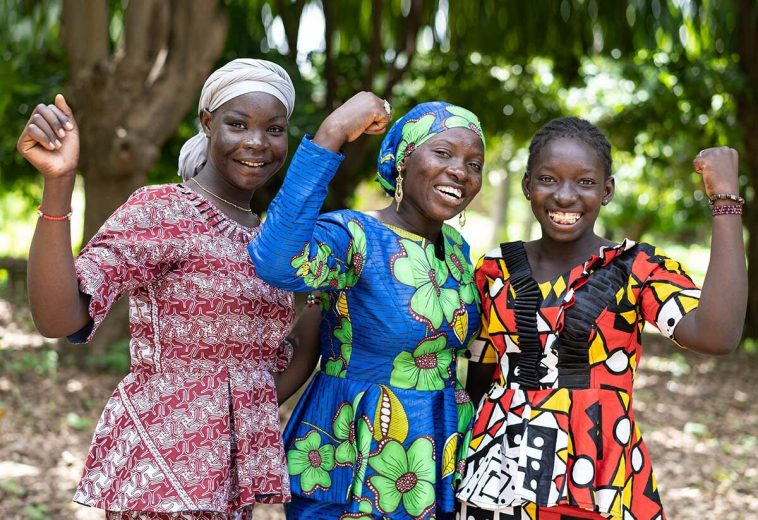Leadership in Africa is dynamic and based on the experiences and peculiarities of each nation on the continent; hence, as much as countries vary, there are different leadership styles and ways of governance, with political leaders elected by the people to spearhead developmental objectives.
In this article, we will bring to you some of the leaders on the continent who have set themselves apart with their quest for progress on the continent amidst the many challenges confronting their countries and, by so doing, have become sources of inspiration to so many others.
In presenting these leaders in no particular order, we will also be using them to highlight the changing patterns of governance across Africa.
The most preferred form of governance anywhere in the world, including Africa, is democracy. However, due to years of several undemocratic rules across many countries in Africa, leadership patterns under the system of democracy have been plagued with some setbacks.
But to achieve the not-so-perfect leadership styles under democratic dispensations, many of the African leaders on this list have introduced institutional and governance reforms that have hastened the path of their countries to inclusive development.
The inspiring story of Paul Kagame stems from the turnaround being experienced in Rwanda. From building independent institutions to diversifying the economy of the nation to technology investment, Kagame has transformed the nation into a viable investment destination for all.
Formerly identified as an agriculture-based economy, Rwanda’s economy under Kagame now stands as a knowledge-based economy with emphasis on the development of information technology, renewable energy, tourism, and co., which have created and continue to open up the economy for new opportunities.
With investments in ICT education, digital infrastructure, the establishment of a technology hub, and the improvement of the business environment, Kagame has rewritten the story of Rwanda to endear it to the world.
The dominant factor in his leadership style remains the simplification of bureaucratic processes that aid corruption and draw back progress, as well as fortifying institutions to be independent on their own.
Often described as the best African President, President Roopun has inspired many by repositioning the country for positivity in areas of good governance, rule of law, security, and others.
Though his position as president and head of state is ceremonial as the country has a prime minister, being the guardian of the country’s constitution has given him an edge to inspire the country to success through its notable resource, the tourism sector.
His directional leadership has brought stability to the country, both politically and economically.
While many critics would argue that the country’s small population has put the leader at an advantage, it is important to state that his governance structure is based on efficient management of resources, which has made it possible to pursue an agenda that prioritises the people.
Having been an inspiration to many as an opposition leader in Zambia due to his doggedness, his assumption of office as president gave more hope to many Africans.
In his over two years in office as President, Hichilema’s efforts at turning around the fortunes of the country have caused him to be referred to as a miracle worker. He has been able to effect policies that helped reduce inflation in the country from 23.6 percent in 2021 to 12.6 percent as of October 2023.
To give hope to the people, he has reintroduced free education to government schools while also pursuing an anticorruption policy in the country.
Tagged as a “breath of fresh air” since she took over the affairs of the East African nation, her story as a female president, among other things, serves as an inspiration to many other women.
If there is one thing that Suluhu is doing right, it is the improvement of the country’s human development index through improved activities in all sectors of the economy.
The calm disposition through which she relates to her people also endears her to them.
Thanks to William Ruto, Kenya has become a powerhouse in East Africa. His exemplary leadership skills have been deployed to ensure that people embrace their cultural diversity to enhance inclusiveness and even development.
In improving the standards of living of Kenyans, he has embarked on economic empowerment programmes to strengthen the economy, which in turn is having positive impacts on the people.
His style of leadership is inclusive, which prioritises every stakeholder and sees to their upliftment to get the best out of them. He encourages a participatory governance system that gives the people a say in how they are governed.
Despite the autocratic/democratic style of leadership by the president in Egypt, Madbouly, as the Prime Minister, has distinguished himself as a leader passionate about the well-being of the people.
He has demonstrated this through his activeness in the discharge of his constitutional duties targeted at improving the standards of living of the people.
Under his leadership, Egypt has enjoyed enhanced security, which saw the country move up to the 65th secured nation globally as of 2022, according to the World Safety Index.
Algerians are currently enjoying an inclusive leadership style under President Tebboune, who has revolutionised several sectors of the economy.
He is seen to be doing great given some of the improvements recorded in major indices, like the safety index, which improved from 78.21 in 2021 to 78.25 in 2022, as well as a consistent 3.3-point rise in the government index since his assumption of office, according to the Ibrahim Index of African Governance.
Masisi’s leadership style and achievements have placed him as one African leader to be respected.
The southern African nation of Botswana, under the leadership of Masisi, enjoys relative peace and has also stood out due to its least corrupt status.
With a GDP of approximately $7,000 per person, Botswana is among the richest nations in Africa.
Seychelles is a relatively small African country governed by the exceptional leadership qualities of Wavel.
Since assuming office in 2020, his activities have sustained a positive record in the country, as seen in the Transparency International Corruption Perception Index, wherein the country was placed first in 2021, up from 66 in 2020. Also, as of 2022, it ranked first in Africa and 23rd internationally.
Gambia, coming from an autocratic government, AdamaBarrow came into power faced with the challenge of navigating his way for the citizens to believe in his principles.
Over time, not only has he navigated his way, but he has also created other ways and paths that have brought the country to a state of reckoning.
Under his watch, the Gambia had risen to become the fourth-most peaceful country on the continent in 2022, with an average annual GDP of about 3 percent.
When these African leaders are placed side by side, the obvious thing is the peculiarities evidenced in each nation, which dictate the style and manner in which it is governed.
However, despite the differences, one fact is that they are all different approaches to good governance to achieve development across the continent, and it goes further to show how African leaders are embracing the true tenets of democracy with the hope of delivering on electoral promises and changing their nations for the better.


